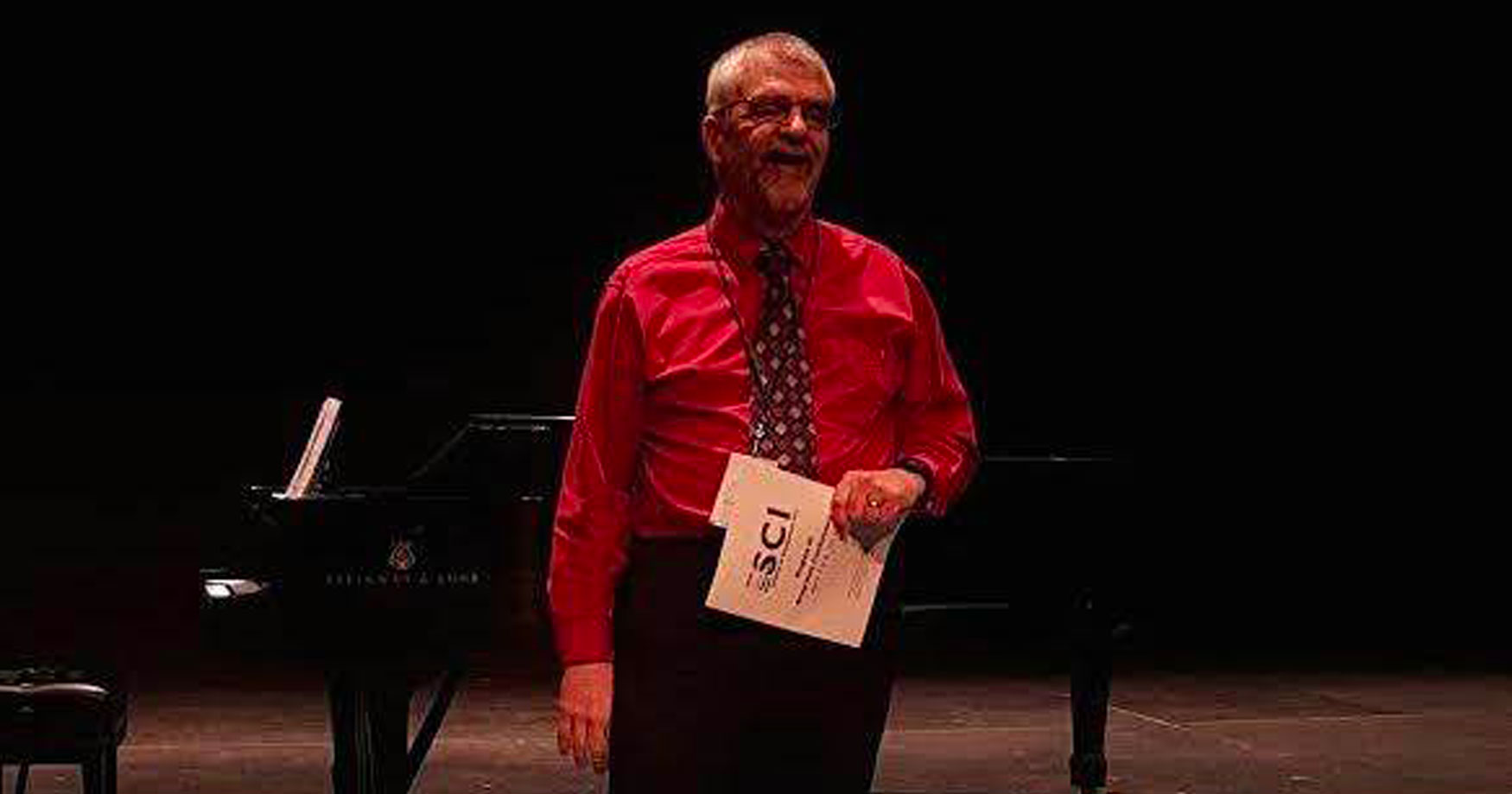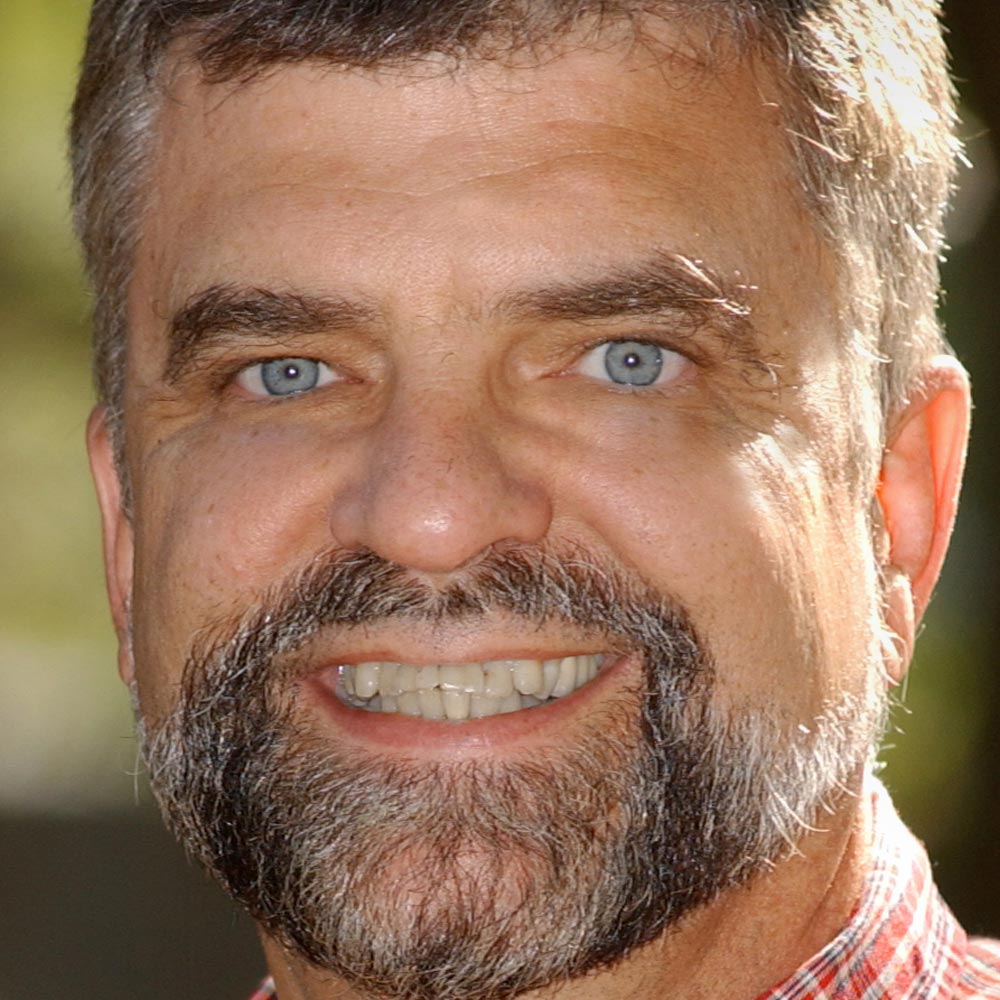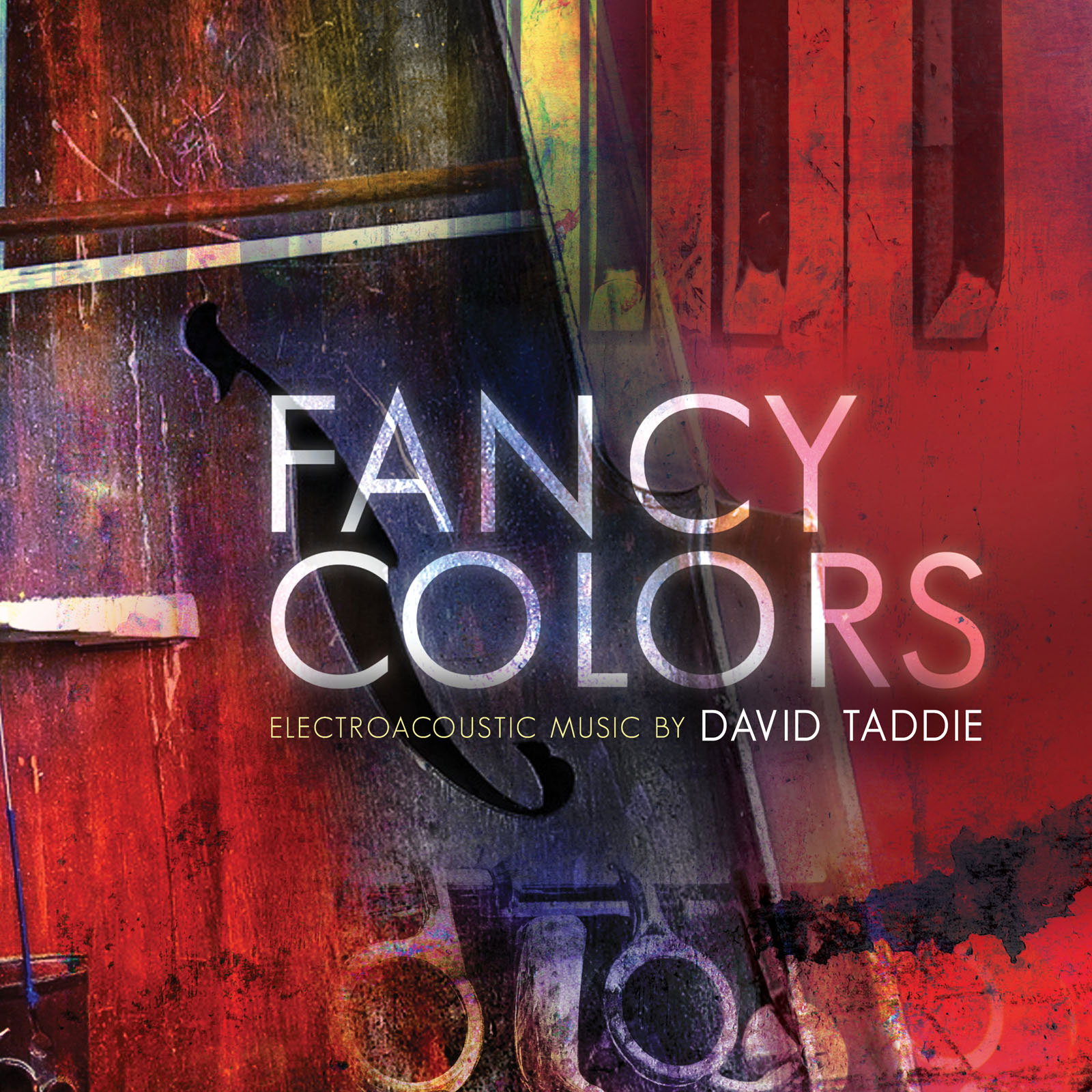
David Taddie’s new album FANCY COLORS blurs the spectrum between acoustic and electronic music into an unorthodox wave of sound. In contrast to the primary characteristics of each type of music, Taddie creates sophisticated, complex compositions by blending the sounds of string and woodwind instruments with the influence of computer-generated effects.
Today, David is our next featured artist in “The Inside Story,” a blog series exploring the inner workings and personalities of our artists. Read on to learn about David’s love of trains, both large and small…
When did you realize that you wanted to be an artist/ composer/creator?
For me, it was a much more gradual process than expected. It began with listening and singing along as a young child, moving on to performing in various venues while growing up. I arranged for pop bands that I played in as a teenager as well as arranging and playing on radio and TV jingles, some of which I co-wrote. It wasn’t until my late teens that I actually began composing concert music, becoming forever hooked. Interestingly enough, I have found that through composition I discover an urge to be creative about many things in life – not just music!
What is your guilty pleasure?
Trains – both the real thing and model railroads. I can’t say why for sure but, when I was a very young child, the Nickel Plate Railroad still ran Berkshire steam locomotives and to me those were incredible machines (except that their carbon footprint was enormous).
If you could spend creative time anywhere in the world, where would it be?
Only one? I suppose I would have to say Vienna. The roots of classical and concert music run very deep there. It is quite a beautiful city, with railroads into the Swiss Alps (my guilty pleasure), and I am descended – in part – from that area of Europe. In truth, I am interested in many cultures. There are many beautiful places in this world in which I would love to live for a time in order to truly absorb the arts, the people, their customs and culture.
Was there a piece on your album that you found more difficult to compose than the others?
I would say Triptych would probably be the one. The difficulty was partly the commissioner’s request to incorporate various Asian influences including Tibetan prayer bells, tingsha bells, ankle bracelets, a combination of a shakuhachi flute style and extended flute techniques, and to do all of this in an organic way.
An even greater difficulty was incorporating a text the commissioning flutist wrote after listening to much of the electronics part I had written for the piece. This is the opposite order of what most composers – myself included – would do because it is so fundamental to the compositional process to really understand the form and meaning of a text before writing a single note.
What does this album mean to you personally?
FANCY COLORS is a very important accomplishment for me because it contains a number of favorite electroacoustic compositions that I have written over the past twenty years. More importantly, the recordings are by truly outstanding performers, a number of whom I have known and had the pleasure of working with numerous times over the years.
All but one of the pieces involve at least one acoustic instrument. For me, the excitement and visual stimulation provided by great performers is a critical component of the complete musical experience. The kinesthetic motion and expressiveness of the performer translated into sound!
Is there a specific feeling you want listeners to tune into when hearing your work?
I don’t think it is my place to tell a listener what to listen for in any of my music – acoustic or electronic. What I hope they experience in this music are my attempts to augment the sound world and various other aspects of the acoustic instruments for which they were written and, most importantly, the “story” – the musical characters, expressions, conflicts, and growth, that hopefully touch the soul of the listener in a life affirming manner.

David Taddie, a native of Cleveland, Ohio, spent his teenage and young adult years playing in rock bands, serving as a church organist, arranging and performing on radio and TV commercials, finally beginning his formal studies in music theory and composition at Cleveland State University at the age of 20. He received his BA and MM from CSU, where he studied composition with Bain Murray, Rudolph Bubalo, and Edwin London. From 1985-1992, he served as pianist with the Cleveland Chamber Symphony. He also composed for, and performed with, the New Music Associates in Cleveland, performed as a duo-piano team with his wife, Karen, and was active as a theory and piano teacher. After a decade of working as a freelance composer, performer, and music teacher, he moved to Boston in 1992 to attend Harvard University where he received his Ph.D., studying composition with Donald Martino, Bernard Rands, and Mario Davidovsky.

